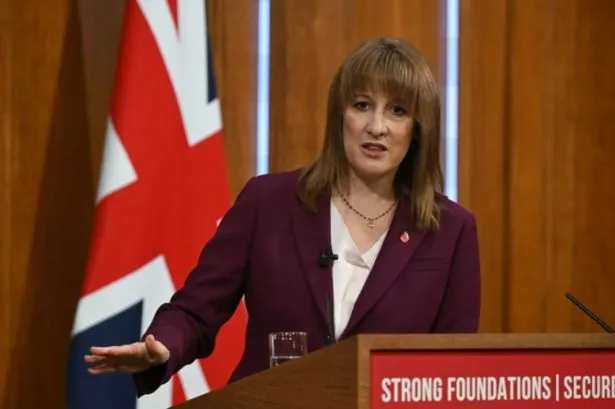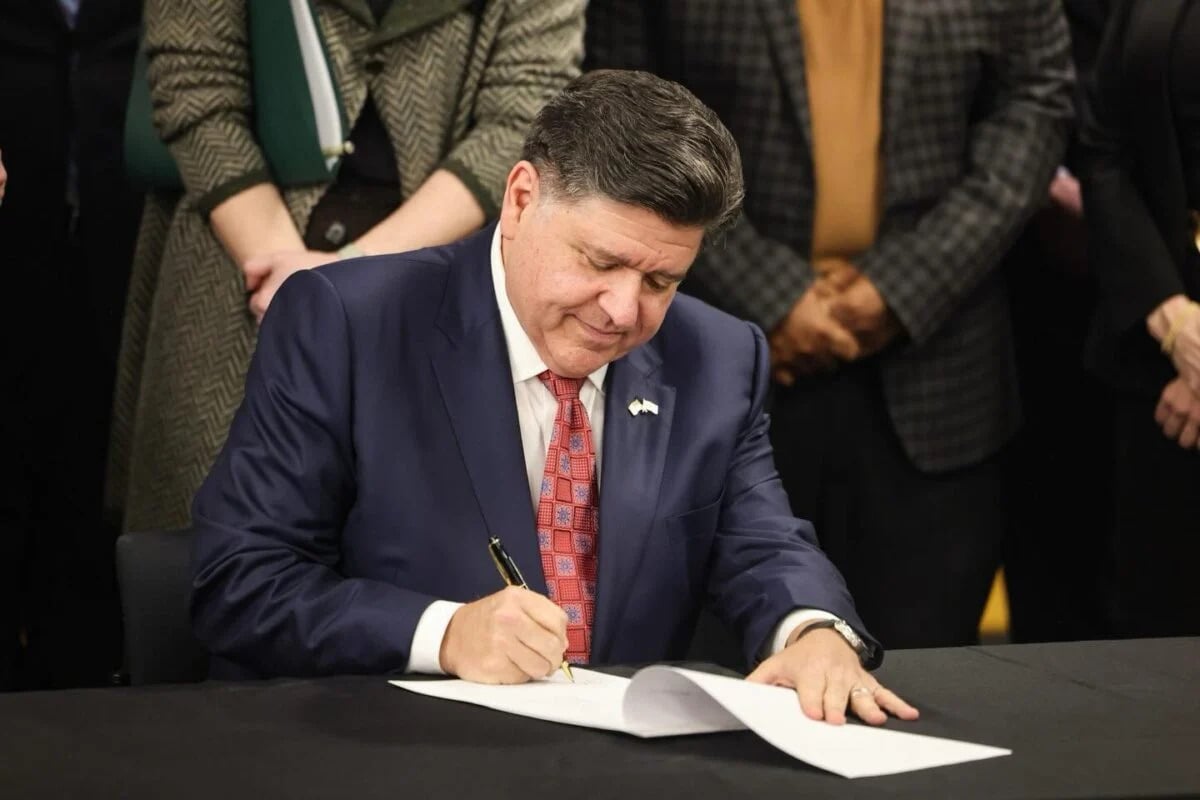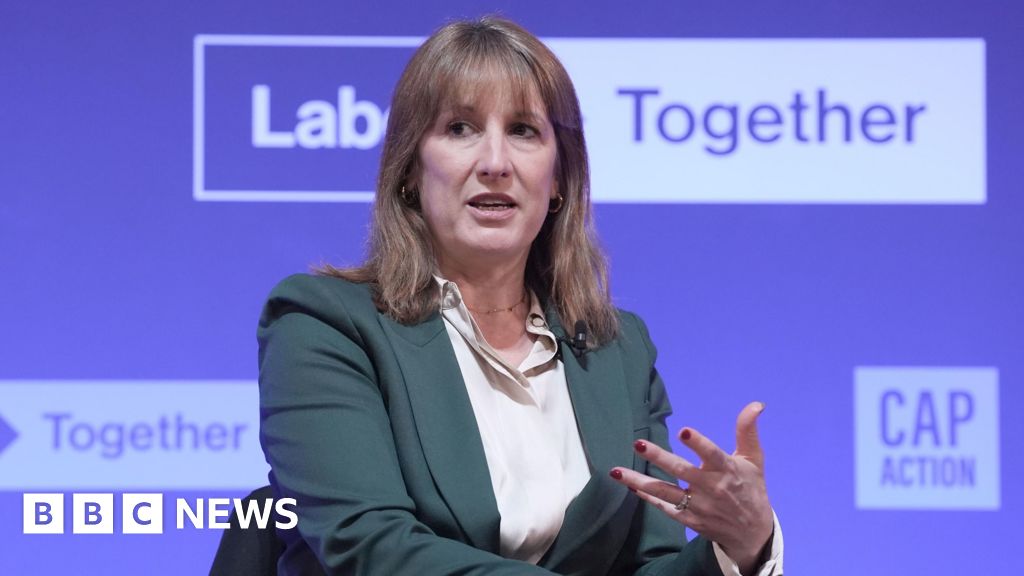Chancellor Rachel Reeves may need to implement significant tax increases to address a projected £50 billion shortfall in the UK’s public finances. According to the National Institute of Economic and Social Research (Niesr), a minimum increase of 2p to the basic rate of income tax is likely necessary to stabilize the economy. This warning comes ahead of the upcoming Autumn Budget scheduled for November 26.
Niesr indicates that if current fiscal trends continue, Reeves is expected to fall short of her fiscal targets by approximately £38.2 billion by the financial year 2029-30. The think tank emphasizes that in order to effectively manage the country’s economic situation, a straightforward approach is preferable. Instead of minor adjustments to existing tax structures, an increase in the basic income tax rate is deemed more favorable for long-term economic health.
In their analysis, Niesr estimates that a 2p rise on the 20% basic rate would generate around an additional £20 billion, while a 5p increase on the 40% higher rate could yield another £10 billion. Additionally, a similar adjustment to the upper band could contribute approximately £500 million to the treasury.
Stephen Millard, the deputy director for Macroeconomics at Niesr, stated that Reeves will face difficult decisions regarding tax policy. He noted, “She will likely need to break her manifesto pledge by raising income tax – rather than attempting to fill the gap by messing around with lots of changes to marginal taxes – as this would be the least bad option for the economy.” Millard further argued that a combination of tax increases and spending cuts will be essential to restore the UK economy and public finances, allowing the government to prioritize growth and improved living standards.
David Aikman, a director at Niesr, reiterated the urgency of the situation. He remarked, “The economics are clear; what is required now is political will – the readiness to take difficult decisions on tax and spending in this Budget in the long-term interests of the UK economy.”
With the looming budget deadline and the challenges ahead, the decisions made by Chancellor Reeves will significantly impact the UK’s economic trajectory and the financial burden on taxpayers in the years to come.







